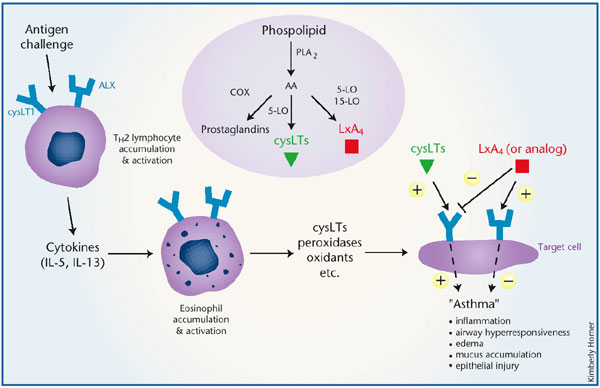 Wednesday April 6, 2011
Wednesday April 6, 2011
Spring finally has arrived after the long Berkshire winter. Gone is most of the snow, but pollens, grasses and weeds are emerging. Many children have seasonal allergies that occur during the spring months. Seasonal allergies also can be referred to as hay fever and allergic rhinitis.
Common symptoms of seasonal allergies include a stuffy or runny nose with clear drainage, sneezing, itchy eyes and nose, sore throat, throat clearing and a cough that may be worse at night and in the morning. Some children have an “allergic salute” a common habit which consists of rubbing their nose upward which can lead to a small crease in the skin of the nose. Children with seasonal allergies commonly have “allergic shiners” which are dark circles under the eyes caused by nasal congestion.
Seasonal allergies tend to occur in certain families and are more common in children that have eczema or asthma. Children who are exposed to secondhand cigarette smoke, air pollution and pets tend to have seasonal allergies. Untreated seasonal allergies can make asthma worse, cause a secondary sinus infection, ear infections and poor concentration in school.
To prevent seasonal allergy symptoms it is good to keep windows closed in the car and at home to avoid exposure to pollens and limit outdoor activities when pollen counts are highest (early morning for tree pollen in the spring, afternoon and early evening for grasses in the summer and midday for ragweed in the fall).
If you think your child has seasonal allergies, consult your primary-care physician about treatment. Seasonal allergy symptoms can be controlled with antihistamines, decongestants and topical steroid nasal spray. It is best to start using seasonal allergy medicines just before your child’s seasonal allergy begins and continue the medicines every day through the season. Saline nose drops one to three times a day also can help seasonal allergies by helping sinuses drain. Some children, despite seasonal allergy treatment, may need to see an allergy specialist.
Nancy Hopper is a registered nurse and holds a bachelor of science degree in nursing. she has been the school nurse at Craneville Elementary School for four years, and she is also a staff nurse at Berkshire Medical Center in Pittsfield.